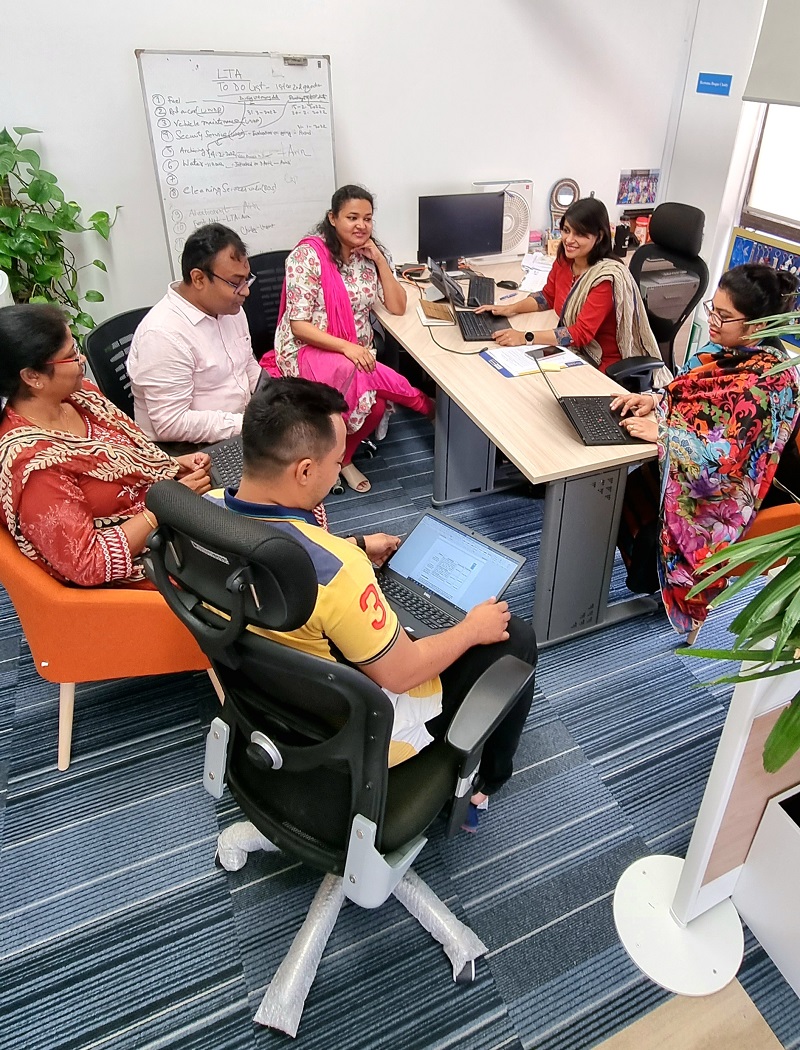
current selection
UNDP Bangladesh
Find Our Offices Around the World.
Get in touch, share your ideas, and discover how we can work together for a sustainable, just, and equitable future.
current selection
UNDP Bangladesh
Go to GLOBAL SITEAfghanistan
Albania
Algeria
Angola
Argentina
Armenia
Asia and the Pacific
Azerbaijan
Bahrain
Bangladesh
Barbados
Belize
Benin
Bhutan
Bolivia
Botswana
Brazil
Burkina Faso
Burundi
Cape Verde
Central African Republic
Chad
Chile
Colombia
Comoros
Congo (Dem. Republic of)
Congo (Republic of)
Cook Islands, Niue, Samoa and Tokelau
Costa Rica
Côte d'Ivoire
Cuba
Cyprus
Denmark
Dominican Republic
Ecuador
El Salvador
Equatorial Guinea
Eritrea
Eswatini
Ethiopia
Europe and Central Asia
European Union
Finland
Gabon
Gambia
Geneva
Germany
Ghana
Global Centre for Technology, Innovation and Sustainable Development in Singapore
Global Policy Centre for Governance
Guatemala
Guinea
Guyana
Haiti
Honduras
India
Indonesia
Iran
Istanbul International Centre for Private Sector in Development
Jamaica
Japan
Jordan
Kenya
Kosovo (as per UNSCR 1244)
Kuwait
Lao PDR
Lesotho
Liberia
Libya
Madagascar
Malawi
Malaysia
Maldives
Mali
Mauritania
Mauritius & Seychelles
Mexico
Mongolia
Montenegro
Morocco
Mozambique
Myanmar
Nairobi Global Centre on Resilient Ecosystems and Desertification
Namibia
Nepal
Nicaragua
Niger
Nigeria
North Macedonia
Norway
Pacific Office
Pakistan
Panama
Papua New Guinea
Paraguay
Peru
Philippines
Programme of Assistance to the Palestinian People
Rome Centre
Rwanda
São Tomé and Principe
Senegal
Sierra Leone
Somalia
South Africa
South Sudan
Sri Lanka
Sudan
Suriname
Sweden
Syria
Tajikistan
Tanzania
Thailand
Timor-Leste
Togo
Trinidad and Tobago, Aruba, Curacao and Sint Maarten
Tunisia
Uganda
Ukraine
United States of America
Uruguay
Venezuela
Viet Nam
Zambia
Zimbabwe

 Locations
Locations


























